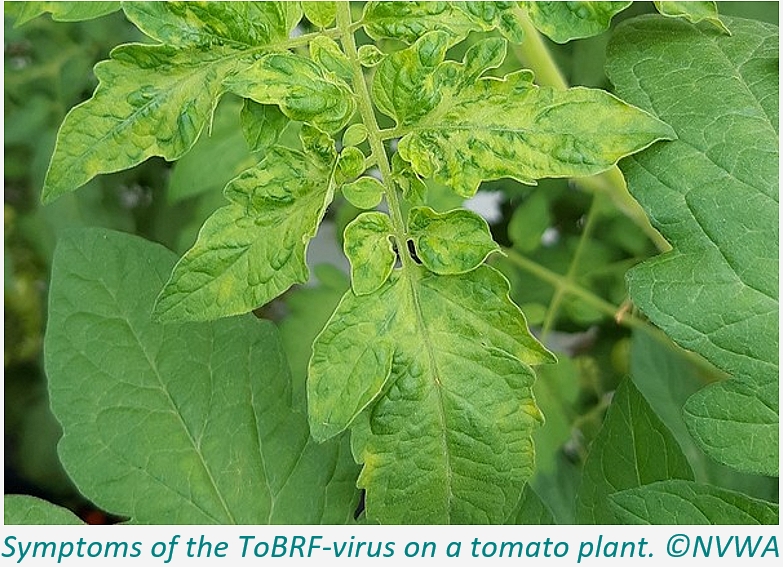The method of checking imports for Tomato Brown Rugose Fruit Virus (ToBRFV) became more strict starting the 15th of July. Tests will be conducted more thoroughly, and larger batches of pepper- and tomato seeds will not be moved until these new methods have gone through.
Agreements have been made regarding this within the European Union. The Dutch Food Safety Authorities (NVWA) asks seed companies to prepare for the consequences of the EU regulations regarding pepper and tomato seeds.
To counter ToBRFV, the virus has been given quarantine status. In the emergency measure, 2020/1191 import of seeds and plants from outside the EU and seeds and plants moving within the EU needs to meet certain requirements.
In June 2020, NVWA started monitoring tomato- and pepper seeds during import. Since the 15th of August 2020, this type of monitoring has been made legally required, and a minimum of 20% of the incoming shipments need to be sampled.

In response to the audit conducted by the EU, the working method of the import testing has been adjusted. A concrete consequence of which is that if a batch of tomato seeds gets sampled and tested, all other batches of tomato seeds under the same phytosanitary certificate will be halted from import and need to await the test results. The same goes for the sampling of pepper seed batches. As soon as the test results show that the sampled batch is free of ToBRFV, the import of the product can continue.
The turnaround time of the testing will be about 3 weeks which can increase in case the number of testing increases. The sampling and the laboratory research are charged to the importer. In case of a positive test result, the turnaround time of the test can take longer, given that in these cases, the NVWA requires a second test to confirm the results.
For example, when this confirmation test on, for example, a batch of tomato seeds shows a positive sign of being contaminated by ToBRFV, this has consequences for all other tomato seed batches under the same phytosanitary certificate. The test shows that it was a mistake to grant the certificate. As a consequence of this new rule, the tomato seed batches that are among the sampled phytosanitary certificates need to be returned, destroyed or tested individually starting the 15th of July 2021.
Source: hortidaily.com, nvwa.nl
Below are listed most of the articles published by Tomato News on this topic for past three years:































